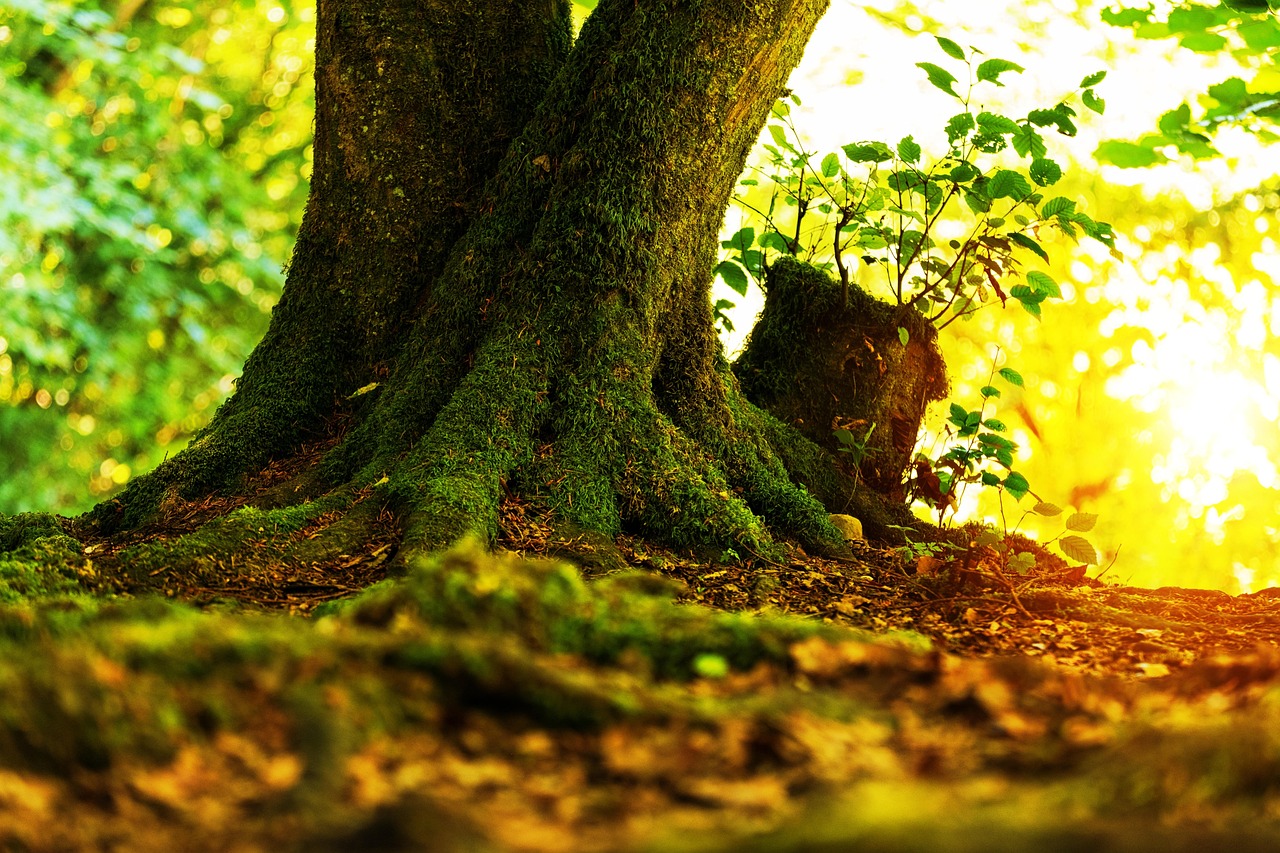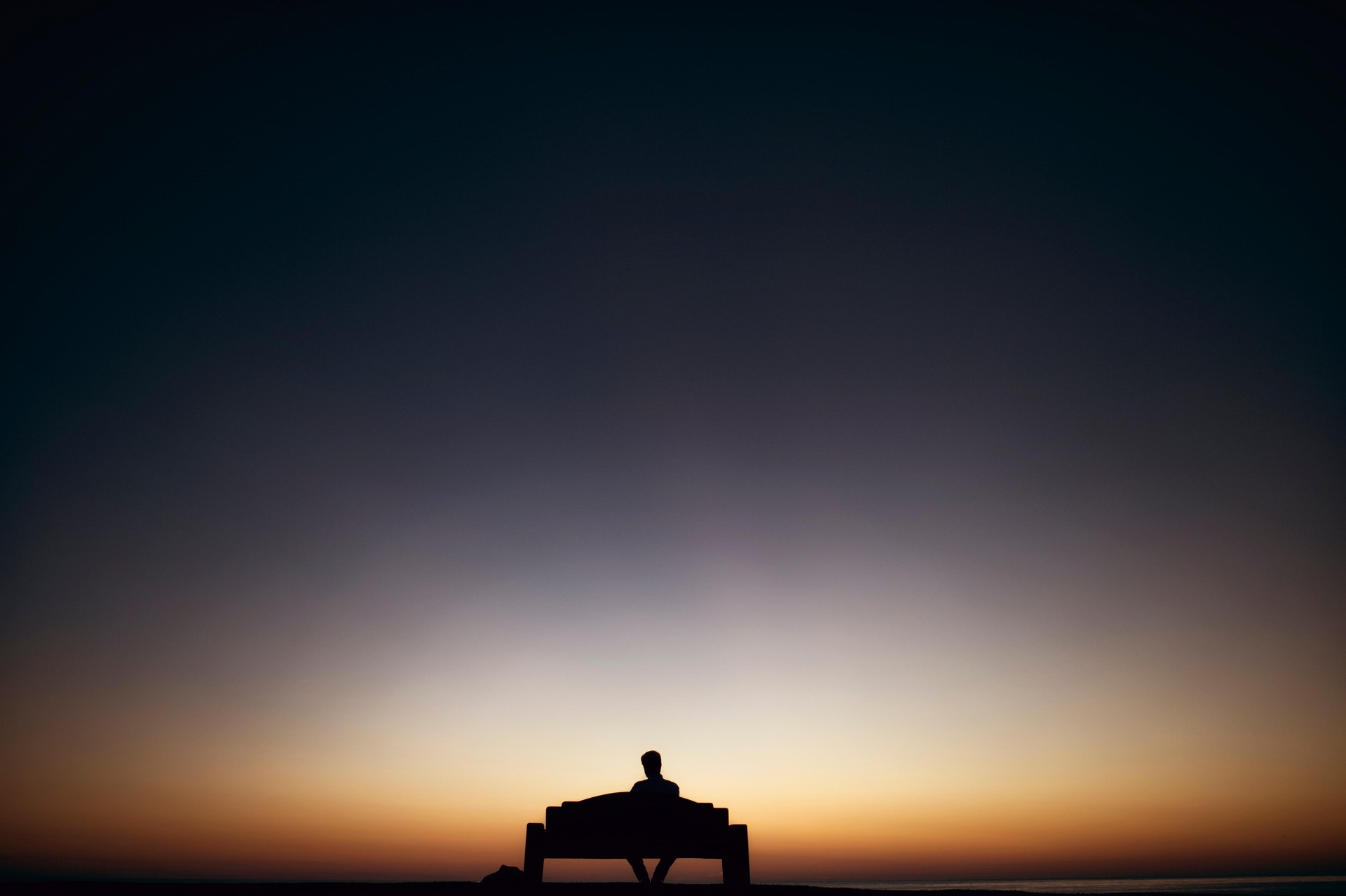From John Main OSB, “Growing in God,” THE WAY OF UNKNOWING (New York: Crossroad, 1990), pp. 79-81.
What is the difference between reality and unreality? I think one way we can understand it is to see unreality as the product of desire. One thing we learn in meditation is to abandon desire, and we learn it because we know that our invitation is to live wholly in the present moment. Reality demands stillness and silence. And that is the commitment that we make in meditating. As we learn in our experience of stillness and silence to accept ourselves as we are. This sound very strange to modern ears, above all to modern Christians who have been brought up to practice so much anxious striving.
The real tragedy of our time is that we are so filled with desire, for happiness, for success, for wealth, for power, whatever it may be, that we are always imagining ourselves as we might be. So rarely do we come to know ourselves as we are and to accept our present position. But the traditional wisdom tells us: know that you are and that you are as you are. It may well be that we are sinners and if we are, it is important that we should know that we are. But far more important for us is to know from our own experience that God is the ground of our being and that we are rooted and founded in God. This is the stability we need, not the striving and movement of desire, but the stability and the stillness of spiritual rootedness. Each of us is invited to learn in our meditation, in our stillness in God, that we have everything that is necessary.
After meditation: “The Country of Trees” by Mary Oliver in BLUE HORSES: Poems (New York: Penguin, 2014), pp. 77-78.
There is no king in their country
and there is no queen
and there are not princes vying for power,
inventing corruption.
Just as with us many children are born
and some will live and some will die and the country
will continue.
The weather will always be important.
And there will always be room for the weak, the violets
and the bloodroot.
When it is cold they will be given blankets of leaves.
When it is hot they will be given shade.
And not out of guilt, neither for a year-end deduction
but maybe for the cheer of their colors, their
small flower faces.
They are not like us.
Some will perish to become houses or barns,
fences and bridges.
Others will endure past the counting of years.
And none will ever speak a single word of complaint,
as though language, after all,
did not work well enough, was only an early stage.
Neither do they ever have any questions to the gods—
which one is the real one, and what is the plan.
As though they have been told everything already,
and are content.




